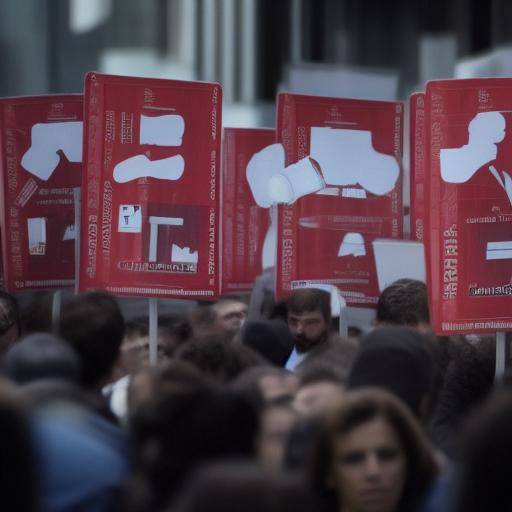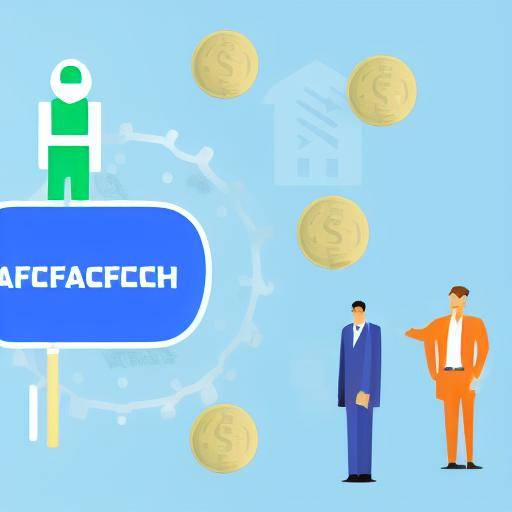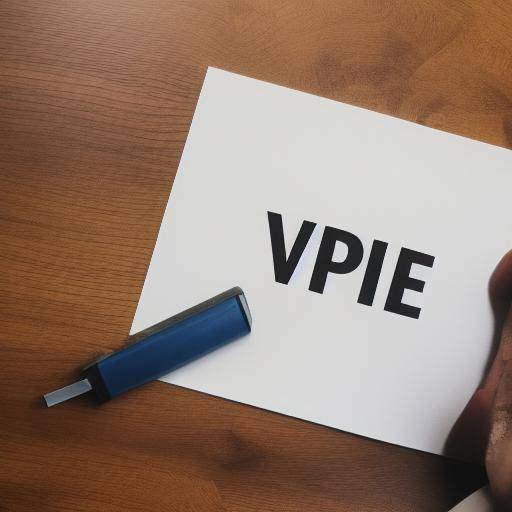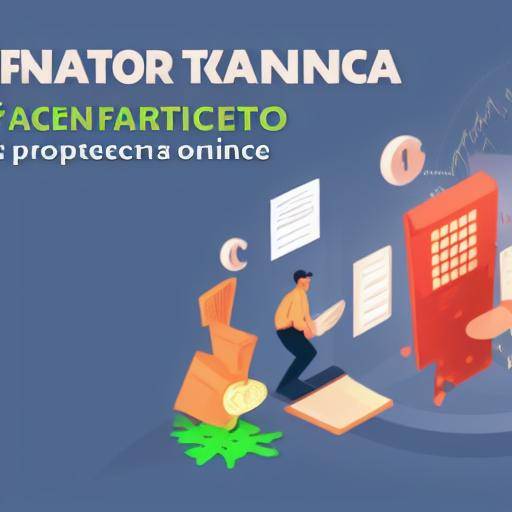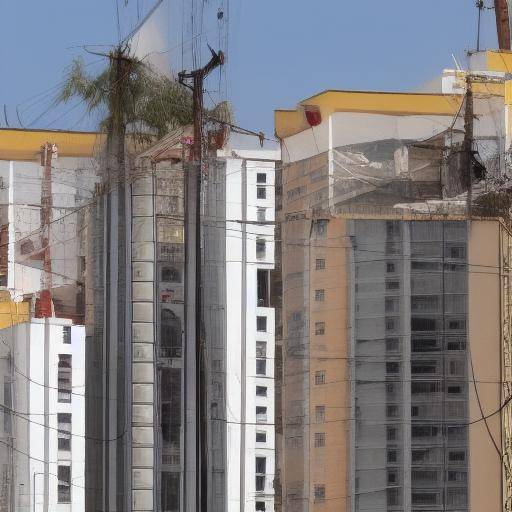
Introduction
In life, we must always be prepared to face unexpected situations that may affect our financial and emotional stability. Maintaining an emergency fund is crucial to providing security and tranquility in times of crisis. In this article, we will explore the importance of having financial backing, the sense of security it provides and the control it gives about our lives. We will learn why it is vital to maintain an emergency fund, how to build it and the benefits it brings to our integral well-being.
History and Background
The concept of maintaining an emergency fund is rooted in ancient times, where civilizations provided for the possibility of poor harvests, natural disasters or other contingencies. Over time, this notion has evolved to adapt to modern needs, providing individuals and families with the ability to face unforeseen without compromising their financial stability.
The importance of financial support has become even more evident in times of economic uncertainty, such as the recent global crisis. Maintaining an emergency fund has become a fundamental pillar to safeguard economic and emotional well-being.
Deep analysis
Maintaining an emergency fund provides an invaluable sense of security. In times of crisis, whether for reasons of health, loss of employment or any unexpected eventuality, having a financial backing allows to face such situations with greater serenity. The emotional tranquility of knowing that resources are available to cope with unforeseen has no price.
On the other hand, maintaining an emergency fund also gives a sense of control over our lives. Having adequate financial support, we are less exposed to unforeseen situations of despair, which gives us the ability to face challenges with greater determination and emotional stability.
Full review
Building and maintaining an emergency fund requires discipline and financial planning. It is essential to allocate part of our income on a regular basis to build this financial mattress. In addition, choosing the appropriate type of account or financial instrument to preserve those resources is crucial to ensuring their immediate availability at a time of need.
Several financial experts agree to recommend that an emergency fund should cover at least three to six months of basic expenses, including food, housing, health and other essential expenses. This financial reserve provides the tranquility necessary to face any contingency without compromising our long-term finances.
Comparative analysis
The relationship between financial backing, emotional security and control over our lives is intrinsic. These three concepts are closely intertwined, as an emergency fund not only provides financial security, but also strengthens our emotional security and our perception of control over unforeseen circumstances.
Practical Tips and Accessible Tips
- Establish a monthly budget that includes a segment to contribute to your emergency fund.
- Consider diversifying your emergency fund by distributing some of the resources into easy-to-access accounts and another part in low-risk financial instruments that deliver better returns.
- Regularly review your emergency fund and adjust its size based on changes in your personal circumstances, such as new expenses, additional income or outdated debts.
Conclusions and FAQs
In short, maintaining an emergency fund is essential for maintaining financial and emotional balance. It provides support, security and control over our lives, allowing us to face unforeseen with tranquility and determination. Ensuring a solid financial mattress gives us the freedom to face life with greater serenity and confidence.
Frequently asked questions
What is the recommended amount for an emergency fund?
An ideal emergency fund should cover at least three to six months of basic expenses, including food, housing, health and other essential expenses.
Where should I keep my emergency fund?
It is advisable to maintain a portion of the emergency fund in an easy-to-access and immediate liquidity savings account, and another part in low-risk financial instruments that deliver higher performances over the long term.
When should I use my emergency fund?
The emergency fund should be used exclusively for crisis situations, such as job loss, unexpected medical expenses or family emergencies. It should not be considered as a source of financing for non-essential purchases.
How can I start building my emergency fund if I have debts?
It is advisable to allocate a portion of your income to settle outstanding debts while building your emergency fund. Once the debts are under control, you can start building your financial mattress.
Do emergency funds make sense in times of economic stability?
Yes, even in times of economic stability, maintaining an emergency fund is essential to be prepared for any eventuality that may affect our financial and emotional stability.
Should I adjust the size of my emergency fund over time?
Yes, it is important to periodically review your emergency fund and adjust its size based on changes in your personal circumstances, such as new expenses, additional income or outdated debts.
External Sources
For more information on the importance of maintaining financial support, emotional security and control over our lives, we recommend that you consult the following sources:
- Mexican Red Cross
- National Commission for the Protection and Defence of Financial Services Users (CONDUSEF)
- World Bank
In conclusion, maintaining an emergency fund is essential to ensuring financial and emotional balance in our lives. Financial backing, the sense of security and control over our finances and emotions that provide an emergency fund are fundamental to successfully confront any unforeseen eventuality. By implementing these solid financial practices, we can build a solid and secure future for us and our families.





























